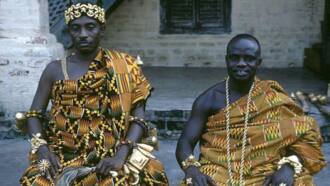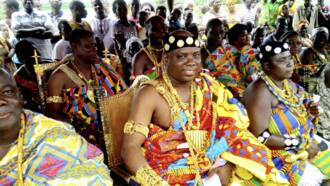Bono: basic phrases and interesting facts
Bono, also known as Abron, is a language spoken by a lot of people in Ghana. It falls under the Akan language cluster, which comprises of Abron, Wasa, Twi, and Fante. This specific language group, the Akan, is categorized, ordered or falls under the Central Tano - the languages of the Niger-Congo family that is spoken in Ghana and Ivory Coast by the Akan people. The Central Tano has eight more languages, in addition to the four named above. Even though all these languages are related, Wasa and Bono are not viewed as dialects, but instead as related languages.
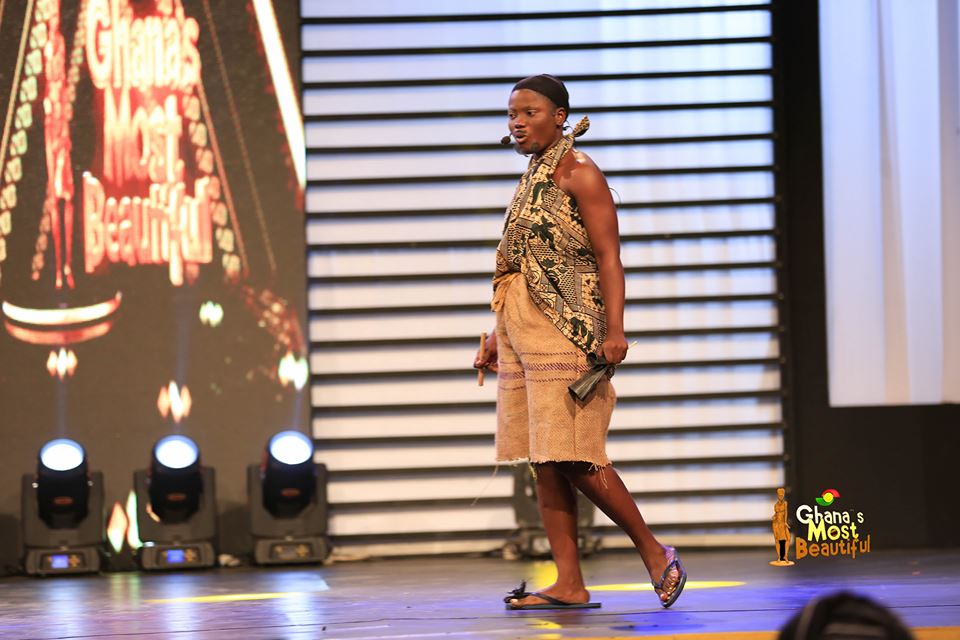
Source: UGC
Abron or Bono a means of human communication used by the people of Abron. It forms a significant portion of the Akan mother tongue, as it is one of the main 'dialects,' of Akan mother tongue of Central Ghana. The language is used by more than 1,050,000 people found in the Brong region, or Brong Ahafo or what is called the Central Ghana. It is also spoken with 130,000 persons located in Eastern Ivory Coast in the Bondoukou and Tanda departments. There are other names used in place of Bono. They include, Bron, Brong, Gyaman, and Doma.
How do you say hello in Ghanaian? Or how do you say hello in Bono? What do you call a person from Ghana? It is Ghanian, of course, but how do you call a person from the Bono subtribe in Ghana? Do you really know how to speak Ghana language? Or would you love to know how to speak Akan language? Well, you should prepare yourself for some lessons of some basic phrases and interesting facts of the Bono language.
READ ALSO: 12 cool three letter words In English
Brief history
The Abron or Bono people of West Africa are Akan people. Their main language of communication is Abron. In the late 16th century, the Bono people formed the Gyaaman Kingdom as an extension of Bono State; it is known as Ghana and Côte d'Ivoire today.
The people of Bono are said to have originated from the far North, what is known as the Sahel in the modern world or what was formerly called the Ghana Empire. They migrated South when the indigenous or natives wanted to stick to their traditional or old ways of Ashanti Ancestor worship beliefs and spirituality based on myths. Akans who disagreed with Islam moved South of Sahara to current Ghana.
Interesting facts
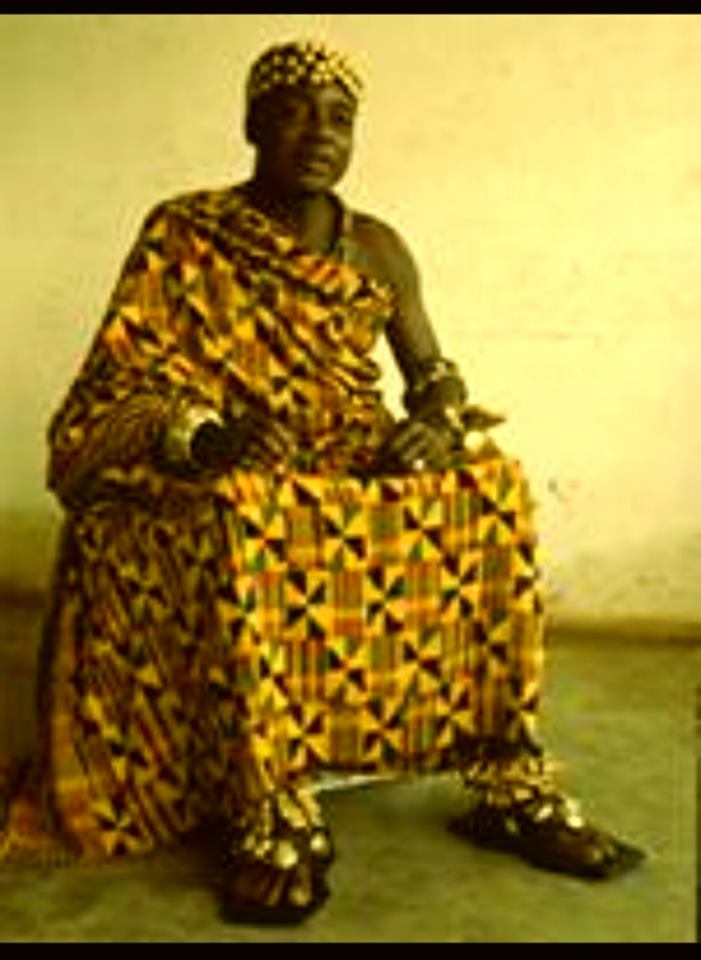
Source: UGC
The Bono people created the Bonoman or the Bono state. It is found in the current modern South Ghana. The Bonoman state or simply Bonoman, used to be a medieval Kingdom of the Akan. It is known today as Brong-Ahafo, a name borrowed from the Ashantiland. The Bonoman or Bono state is widely recognized as the roots of Akan sub-groups; the people moved away from the state in different times in order to start new Akan empires as they pursued gold. By this time, the gold trade had started to take a new course. The trade itself began to gain prominence at Bonoman a long time ago, during the 12th century, thus resulting in increasing wealth in Bono area.
Bonoman was an area where trading took place in the former state of Bonoman. It was also a big trading location in the ancient Brong-Ahafo. Its location, in the zone of transition was found in between the forest and the Savanna in southern part of Black Volta river, made it a suitable centre that was frequented with caravans from Djenne as a crucial piece of the Trans-Saharan business. The goods that were traded included salt, kola nuts, leather, and gold; with gold being the most crucial traded good as from the 14th century.
The Bonoman state existed in three unique urban phases. This is according to postulations by Effah-Gyamfi. According to his postulation, the first phase had a smaller urban centre, and the urban areas had a population amounting to thousands, but not all of them lived in urban centres. The buildings were supposedly made using daubed wattle. Phase number two had larger urban areas with equally distributed buildings. It also had a good market centre. It was at this phase that indications of long-distance trade began to be noticed. These signs included imported pottery that was coated with mica, and beads made from glass.
The fall of a number of Abron states came during the emergence of the mighty Akan tribes, more so, the strong and domineering Ashanti Empire. Other than this, these states started experiencing leadership wrangles, conflicts as a result of taxation, and limited entry into the Gold Coasts where they could mine gold. By the end of the 19th century, much of the Bonaman had become part and parcel of the mighty Asante Empire.
READ ALSO: Olamide - Wo Prod. Young John lyrics and official video
Bono basic phrases
According to PK Agbedor of CASAS in his book titled Speech Forms of Ghana, Mfantse - Fante, Wassa, Twi - Asante and Akuapem, Sefwi - Sehwi, Abron - Bono, Asen, Kwahu and Akwamu are found in Cluster 1 of the speech forms of Ghana. These clusters are explained based on the level of mutual intelligibility. For cluster one, these languages a better described as r-Akan and do not have the letter "I" in their original use.
Now that Bono falls under this category, here are some of the basic phrases and important words used by these group of people.
Days of the week
- Monday - Dwooda
- Tuesday - Benada
- Wednesday - Wukuoda
- Thursday - Yawooda
- Friday - Fieda
- Saturday - Memeneda
- Sunday - Kwasieda
Important words
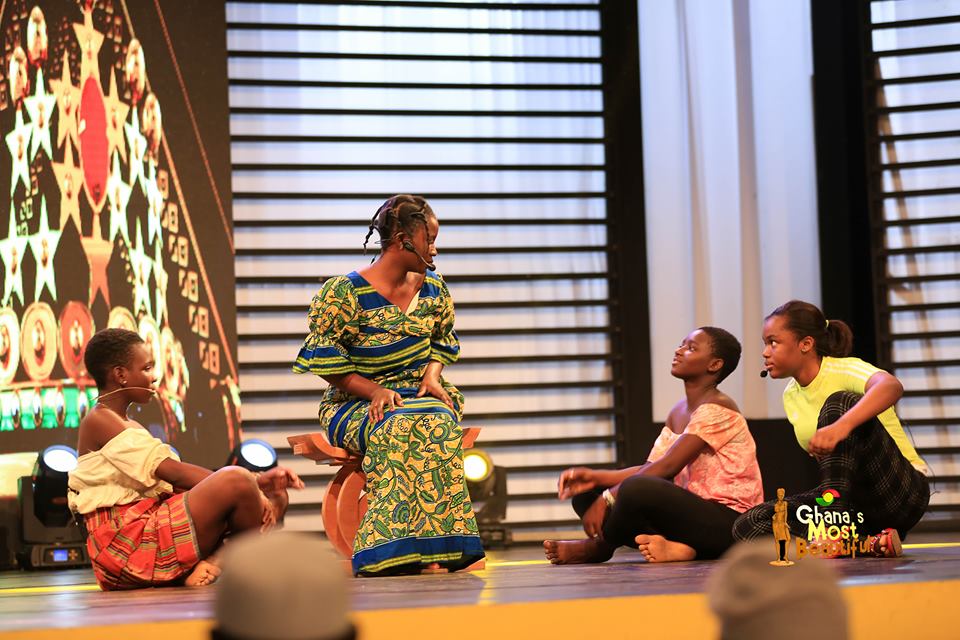
Source: UGC
These are some of the important words that will help you learn Bono:
- Akwaaba/Akɔaba – Welcome
- Aane – Yes
- Yiw (Akuapim) - Yes
- Yoo - oh Okay/Alright
- Daabi – No/Nope
- Da yie – Goodnight (lit. sleep well)
- Me rekɔ da (pronounced mee ko da) -I'm going to sleep
- Ɛte sεn/Wo ho te sɛn? – How is it going/How are you? (could also be used in the non lit. sense as "hello")
- Meda wo ase – Thank you
- Mepa wo kyɛw – Please/excuse me/I beg your pardon
- Dwom/nnwom - Song/songs or music
- Wo din de sεn? - What is your name?
- Me din de .../Yɛfrɛ me ... - My name is/I'm called ...
- Wadi mfeɛ ahe/sɛn? - How old is he/she?
- Woadi mfe ahe/sɛn? - How old are you?
- Ɛwɔ hen? - Where is it?
- Me rekɔ - I am going
- Mo – Good
- Jo - Leave
- Wayɛ Adeɛ - well done
- Gyae - Stop
- Da - Sleep
Bono basic phrases and interesting facts help one understand their roots. A lot of researches have been done on the same to preserve the integrity of this language and promote its longevity, possibly for posterity. For a learner, understanding the interesting facts and learning the basic phrases will bring you up to speed with the language. All you have to do is to have an open mind and an insatiable interest to learn more about Bono language. You also need to have an interest in the Bono people.
READ ALSO:
- Consumer behaviour explained - how to win more clients?
- Famous thank you quotes to show appreciation and gratitude
- Happy birthday to my love - birthday wishes and quotes
Source: YEN.com.gh


